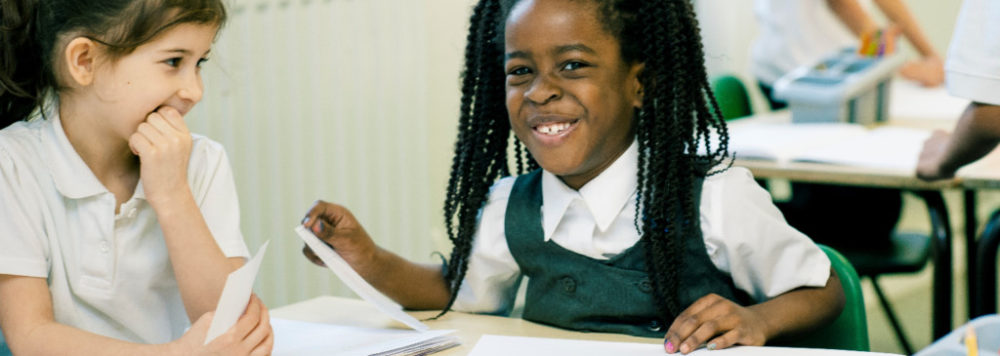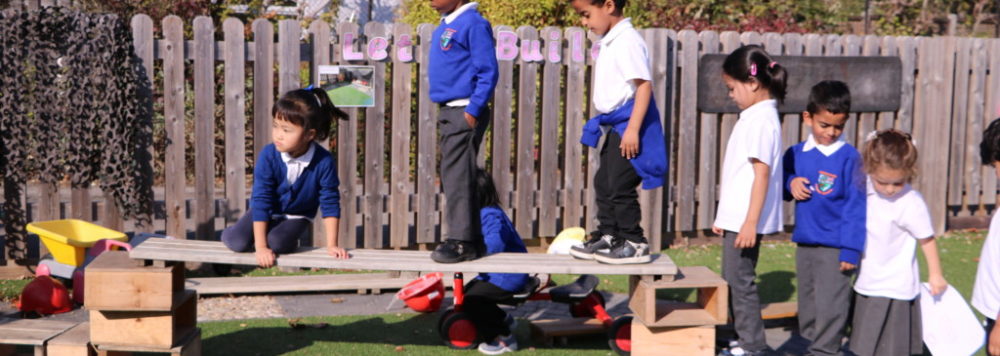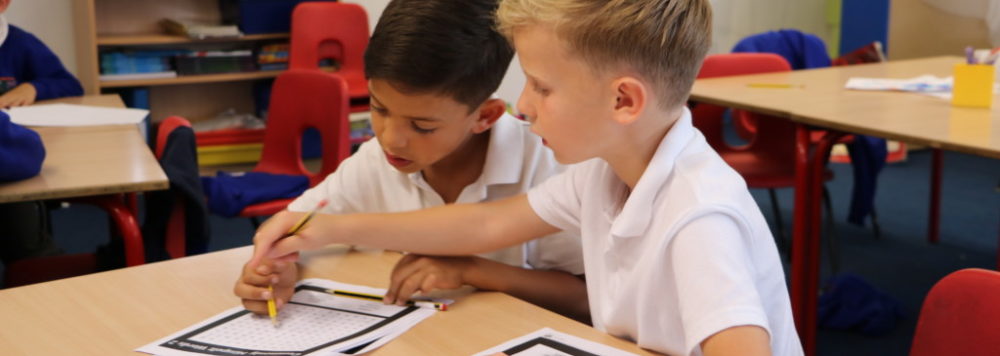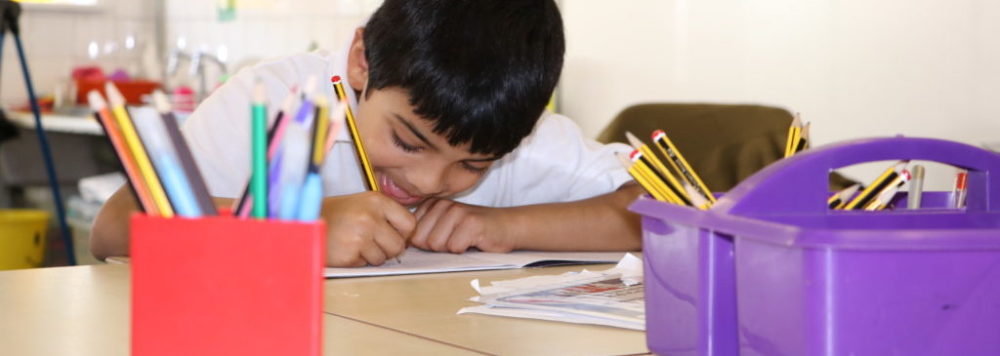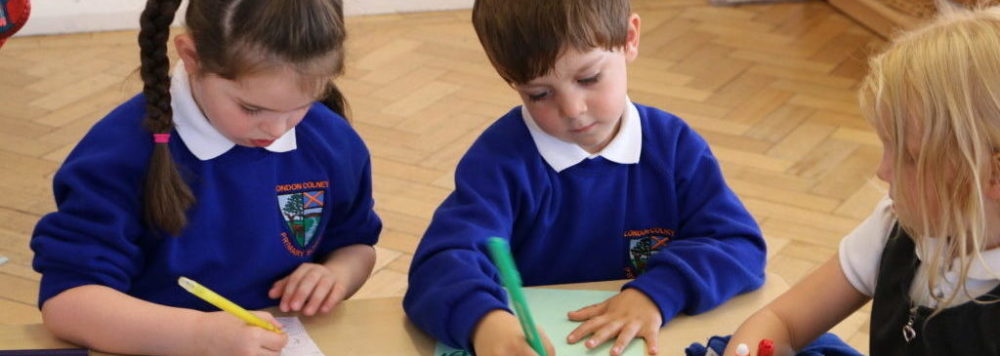At London Colney Primary and Nursery school we treat safeguarding as a high priority, ensuring the safety, health and well-being of all children, staff and visitors is given due consideration. The Single Central Record (SCR) is a document maintained by the school to demonstrate that staff have undergone appropriate recruitment and police checks. The SCR is updated as and when new staff are recruited and when they leave their service at London Colney Primary School. Governors, volunteers and regular visitors to the school are also recorded on the SCR. Visitors to the school are required to sign in at the main reception area and are issued with a visitors badge and safeguarding information leaflet. Visitors who do not have appropriate DBS (Disclosure & Barring Service) clearance will not have sole access to children.
The Designated Safeguarding Lead (DSL) in the school is Louise Dembowicz.
The Deputy Designated Safeguarding Leads (DDSL) in the school are Sarah Joyce (Headteacher) and Jacky Potter (School Business Manager).
The Governor with safeguarding responsibility is Maggie Kirby.
Safeguarding in the Curriculum
Safeguarding is at the heart of everything we do here at London Colney Primary School and Nursery. Great importance is placed on identifying opportunities in the taught curriculum for children to learn about safeguarding.
Our broad curriculum gives pupils opportunities to experience life in all its diversity, to acquire knowledge, understanding, and skills that significantly impact personal development, behaviour, and welfare, and equips every child with the knowledge and skills required for personal safeguarding.
Our PSHE curriculum covers all areas of Safeguarding through each of the strands to a different degree, however, some go into more detail. We are sensitive in our teaching and recognise that some more sensitive subjects need to be taught at an age-appropriate level, or at a small group or 1:1 level where a more urgent need arises.
We plan to constantly challenge children to think deeply about safeguarding matters and their own personal physical and mental wellbeing. We value pupils’ questions and give them space for their own thoughts, ideas, and concerns. We give pupils’ opportunities across the curriculum to explore values, personal rights, responsibilities, and equal opportunities that develop moral concepts that impact positively on safeguarding, promote British values and prevent radicalisation and extremism. There are many opportunities throughout our learning in school to explore safeguarding issues.
Practical safeguarding opportunities are planned into the curriculum. For example:
- Road and rail safety (including out of school visits, bike-ability, work with police officers in the community)
- Poolside and water safety through swimming lessons
- Fire awareness (including visits from the local fire service)
- Visits to school from medical staff
- Visitors from charities such as Barnados, NSPCC, the dogs trust to do focused projects
- Work from local voluntary sector services particularly around safe transition to Secondary school
- Plays and shows
- Exploitation
- Online safety quizzes and training
- Our visits and experiences incorporate “Stranger Danger”, being safe in the outdoors, what to do if??
- What to do if you are separated from your group (in relation to school visits)
- Safe use of technology including password security and privacy settings
We have developed an open and safe learning environment in which pupils express their views, seek help, and help others. The promotion of equality of opportunity and diversity, for pupils and staff, helps prevent any form of direct or indirect discriminatory behaviour.
Our children learn to not tolerate any prejudiced behaviour. Our behaviour policy promotes making good choices and exhibiting good learning behaviours. Class times are a time for sharing ideas, addressing concerns, and promoting important values.
Assembly time and circle times are used to promote personal safeguarding matters and explore themes. For example, we talk about anti- bullying including cyber bullying and British values including how these values are promoted in our multi–faith society. Staff and children are quick to challenge stereotypes and the use of derogatory language in lessons and around the school. Our school reflects the diversity of pupils’ experiences and provides pupils with a comprehensive understanding of people and communities beyond their immediate experience including the role of women in society and different family groups including same-sex couples.
Throughout the curriculum, there are planned opportunities to promote all forms of equality and foster greater understanding of and respect for people of all faiths (and those with no faith), races, genders, ages, disabilities, and sexual orientations, through their words, actions and in their influence. Opportunities are created in a variety of subjects to address areas of safeguarding, for example, themes are highlighted through novels in English lessons.
Time is taken at the beginning of every new school year to reaffirm school values, expectations, and rules for being part of Team London Colney. This good start to the year, with everyone clear about their roles and responsibilities, sets the tone for the rest of the year and leads to excellent safeguarding outcomes.
How We Promote Anti-Racism
We are proud to be a diverse and culture rich community here at London Colney and embrace our differences, using them to teach our pupils about the world. We worked relentlessly to ensure that our children feel included and safe whilst at school, including working to display a zero tolerance approach to racism. Here are some of the was he promote anti-racism here at school:
|
|
|
|
|
|
|
|
|
|
|
|
|
|
|
|
|
How We Promote PREVENT in School
|
We value difference – everyone is welcome |
|
British values are promoted |
|
Teaching what hate is |
|
E safety – question things on social media |
|
Behaviour policy |
|
Vigilance over bullying |
|
Pupil voice is encouraged |
|
Parent voice |
|
People know who to speak to if they feel unsafe |
|
Aspirations work with children – asking children what they want to be |
|
TIGHT safeguarding procedures – piece together information about a child- all staff report incidents |
|
Create safe atmosphere and supporting children |
|
NOTICE CHECK SHARE = our strategy to safeguarding – we are all vigilant |
https://educateagainsthate.com
- Safer Recruitment Policy 2022 - 2023 (412.04KB)
- Bullying and Harassment Policy 2022 - 2023 (207.20KB)
- Safeguarding in the Curriculum (144.22KB)
- Child sexual exploitation (352.69KB)
Definition and a guide for practitioners, local leaders and decision makers working to protect children from child sexual exploitation
- What to do if you suspect a child is being sexually exploited (126.80KB)
Step by step guide
- Parent Pamphlet - The Prevent strategy (549.46KB)

